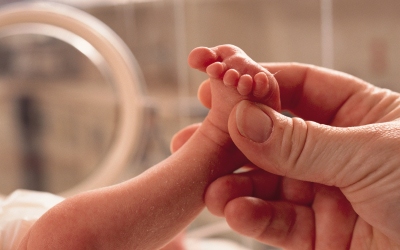Why Massage Can Benefit Premature Infants
Premature infants who are born in the specialised environment of the Newborn Intensive Care Units often deal with stress from their surroundings. As these children are under-developed due to being pre-term, they are often born with an immature autonomic nervous system, known as ANS, which controls the stress responses and recovery. Endless medical procedures, caregiving activities and mechanical ventilation all contribute to stress on the body, in addition to being away from their mothers. In particularly stressful conditions, the ANS can overreact which leads to pre-term infants failing to process these stressors in the right way. However, researchers from the University of Louisville School of Nursing have found that massage therapy, consisting of moderate pressure and stroking the soft tissues, can help to reduce the stress on the body. The therapy included flexing and extending the joints of the arms and legs to help increase the heart rate variability in male infants – however, in female infants, the same was not applicable.
The HRV was measured as part of the ANS function and the development of the infant. Children born at the right gestational period show an increased HRV whereas pre-term babies display a lower rate, as well as an inability to respond to stressors appropriately. In this study, researchers noted that male infants showed an increased HRV which was similar to full-term infants, supporting their ability to respond to stress correctly. Massage therapy could enhance the development of the ANS in male pre-term infants, as well as improving their ability to respond the stressful events around them. Further studies need to tae place to see what other effects the massage therapy can have on pre-term children, as well as to ascertain why the HRV was not affected in female infants. Researchers believe that the hormonal difference could be to blame, but need to analyse the results further to determine if this is the case.


Comments are closed.